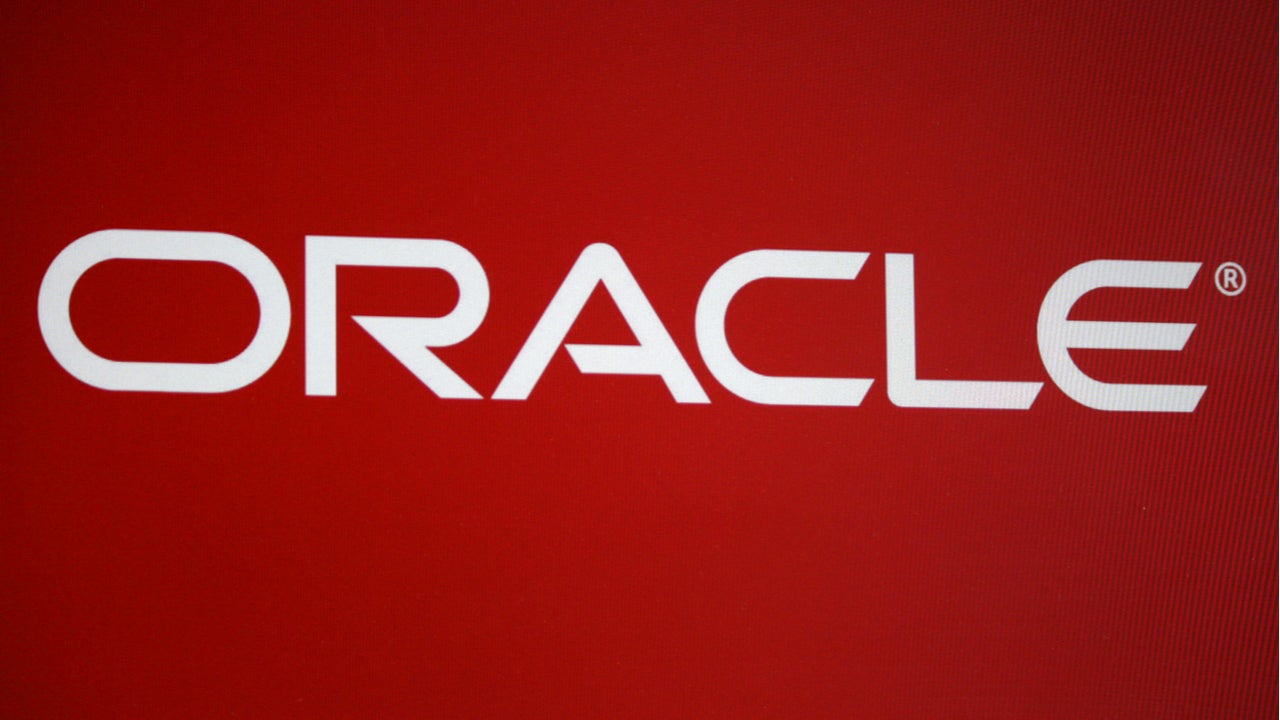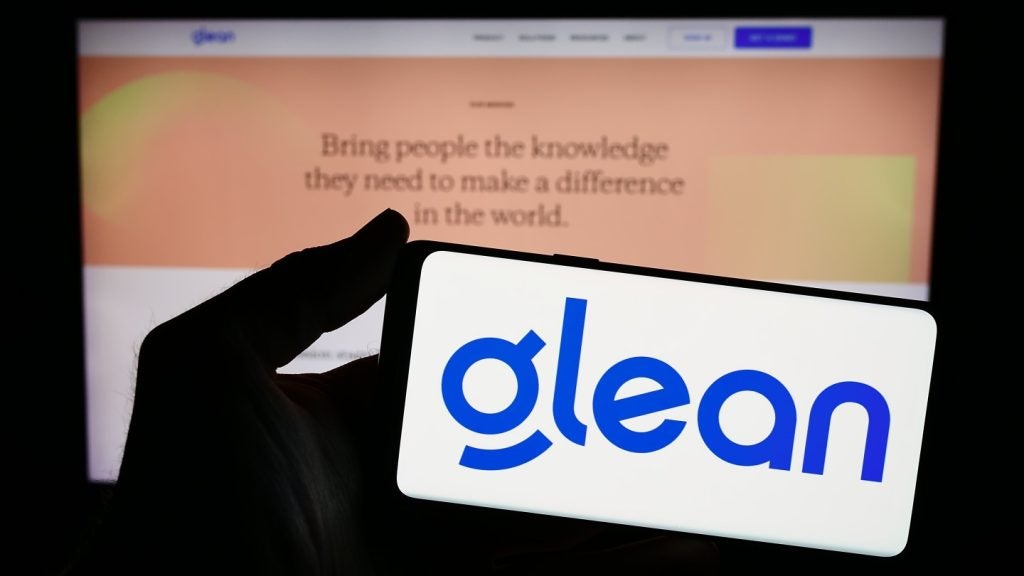Conventional planners make a prediction and base a plan it, but scenario planners make no predictions. They just imagine multiple scenarios and plan for each one of those. That’s what Oracle says it now supports.
The vendor has come out of the gate early with capabilities explicitly aimed at scenario planning — which in Oracle’s rendition of the classic method is at best a lightweight version that gets lost within the vendor’s rich planning ecosystem.
Modern scenario planning gained notoriety in the ‘70s when Shell Oil famously used it to thrive through the era’s series of crises, such as the early ’70s energy crisis and two later oil shocks. Most of its rivals stumbled because, unlike them, Shell had a plan.
Today scenario planning teams have the new advantage of data analysis to help set starting points for trends, upon which they base scenarios. But that’s where any feeling of certainty ends.
Creating scenarios takes imagination, something akin to group storytelling. This can be supported with collaboration tools. Still, selling this to a business market might be a tough proposition.
Business is wary of scenario planning
Many business people are reluctant to engage in storytelling or stepping out into the unknown. Whether by training or personal traits, they seem anchored in the concrete reality at hand. They resist imagining how today’s trends could evolve into something else tomorrow or in ten years.
How well do you really know your competitors?
Access the most comprehensive Company Profiles on the market, powered by GlobalData. Save hours of research. Gain competitive edge.

Thank you!
Your download email will arrive shortly
Not ready to buy yet? Download a free sample
We are confident about the unique quality of our Company Profiles. However, we want you to make the most beneficial decision for your business, so we offer a free sample that you can download by submitting the below form
By GlobalDataHow does Oracle support it? In the past two months, Oracle has made at least two public presentations on its new capabilities. In sessions with “scenario planning” in the title, there were repeated mentions of “the plan,” trigger points, interim plans, and other terms used in conventional planning. Any attendee unfamiliar with the difference might have assumed the two types were synonymous.
A month earlier, however, a deeper understanding showed up. Mark Seewald, vice president Oracle EPM Product Management, gave a rich visit to actual scenario planning. But he gave little indication of how Oracle’s tools helped.
Perhaps Oracle will clear this up. In the meantime, at least one other major vendor will release its own application to a business community scrambling to find its way into feasible if not prosperous post-Covid operations.








Related Company Profiles
Oracle Corp